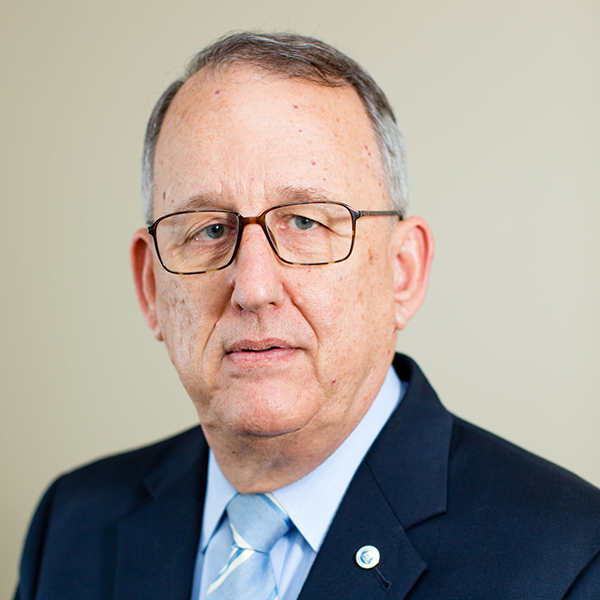- Membership
- Perks and Discounts
- Things To Do
- Resources
- News
- About
- Shop
Related Content
Respectfully Listening and Hearing
March 21, 2023
The Review asked GAA president Doug Dibbert ’70, who is retiring, to choose one “Yours...
Read MoreA Year of Transitions
Feb. 1, 2023
Carolina alumni and friends should remain proud of Carolina’s achievements, resolute about our challenges, saddened...
Read MoreIt’s Time — Thank You
Nov. 11, 2022
Several months ago, then-GAA-Board Chair Dana Simpson ’96 (’00 JD) and I discussed what may...
Read More-
2024
-
2023
-
2022
-
2021
-
2020
-
2019
-
2018
-
2017
-
2016
-
2015
-
2014
-
2013
-
2012
-
2011
-
2010
-
2009
-
2008
-
2007
-
2006
-
2005
-
2004
- Academics and Athletics
- Admissions
- Alumni Profiles
- Alumni Recognition
- Around Town
- Arts
- Books
- Campus Profile
- Campus Safety
- Carolina Alumni Awards
- Carolina Alumni Leadership
- Carolina Alumni Programs and Outreach
- Carolina Alumni Reunions
- Carolina Alumni Review
- Celebrations
- Championships
- College and Costs
- Commencement
- Coronavirus
- Discovery
- Extracurricular
- Faculty
- Faculty Awards
- For the People
- Go Heels
- Greek Life
- Hark the Sounds
- Higher Education
- Homecoming
- In Class
- In Memoriam
- Innovation and Technology
- Issues
- Object Lesson
- On View
- Our Treescape
- Philanthropy
- Podcast
- Public Service
- Race and Reckoning
- Research
- Sexual Assault
- Silent Sam
- Sports
- Structures
- Student Achievement
- Students
- Timelines
- Tuition and Financial Aid
- UNC Libraries
- UNC’s History
- Undergraduate Spotlight
- University Achievements
- University Awards
- University Budget Issues
- University Development
- University Leadership
- University News
- University Rankings
- What We Do
- Who We Are
- Young Alumni
- Yours at Carolina
Respectfully Listening and Hearing
Posted on Nov. 12, 2018Jon Meacham, in The Soul of America, writes that “the measure of our political and cultural health cannot be whether we all agree on all things at all times. We don’t, and we won’t. Disagreement and debate — including ferocious disagreement and exhausting debate — are hallmarks of American politics. … The art of politics lies in manufacturing of a workable consensus for a given time — not unanimity. This is an art, not a science.”

Douglas S. Dibbert ’70
Since Carolina opened in 1795, this marketplace of ideas has addressed contemporary issues often with fierce “disagreement and debate.” Around 1800, Carolina’s literary societies argued: “Resolved: Africans have as much right to enslave Americans as Americans to enslave Africans”; the question was settled in the affirmative. In 1936, the University debated whether it should support the recommendation of the Commission on University Consolidation to relocate what long had been Carolina’s distinguished engineering school to North Carolina State College of Agriculture and Engineering.
The 1960s brought debates, demonstrations and protests over the Speaker Ban Law, civil rights, the Vietnam War and UNC food workers’ wages and working conditions. More recently our campus community has debated the black cultural center’s location, apartheid in South Africa, the location of the Student Body sculpture, sexual assault, dismissal of coaches, renaming of Saunders Hall, the seven-year NCAA investigation and the future of the Confederate monument.
Readers of this magazine sometimes express disappointment that the Review does not advocate for a particular position on issues facing our University. While we certainly respect the frustrations of readers whose passion for a particular position might prompt them to exhort the Review to join them in their advocacy, the Review’s philosophy — shaped by its Statement of Purpose — is to focus on providing readers with objective information with which they can form and, if they choose, share their opinions. And increasingly, they are sharing those views throughout our communications. In addition to the viewpoints in each issue’s “You Said It” department, alumni comments are posted with our online news reports — go to the “Silent Sam” news category at alumni.unc.edu/news-publications/all-news to read those — and our social media channels offer a wide open forum for alumni to share their thoughts.
Above all, the GAA seeks to be a safe haven for all of Carolina’s nearly 330,000 living alumni. As Carolina students learn, very few issues have only two sides. Life is simpler that way, but controversial issues are complex. It is not the role of the GAA to be judgmental, but it is our responsibility to be complete, fair and balanced in the information provided in our communications and through our programs. Our readers regularly observe and volunteer appreciation that the Review consistently provides in-depth reporting on controversial issues.
In the New Year, and hopefully always, let us listen respectfully to each other and really hear one another. Let us understand that each of us may be wrong, and each of us may be right. Because we have differences of opinion doesn’t make either of us wrong. While athletic events are almost always zero-sum games, life isn’t and shouldn’t be. Those who disagree with us should not, as a result, become our enemies.
Yours at Carolina,

Douglas S. Dibbert ’70
The Review’s Statement of Purpose, written in 1983 and updated periodically in the years since, is online at alumni.unc.edu/news-publications/about.
© 2024 Carolina Alumni
